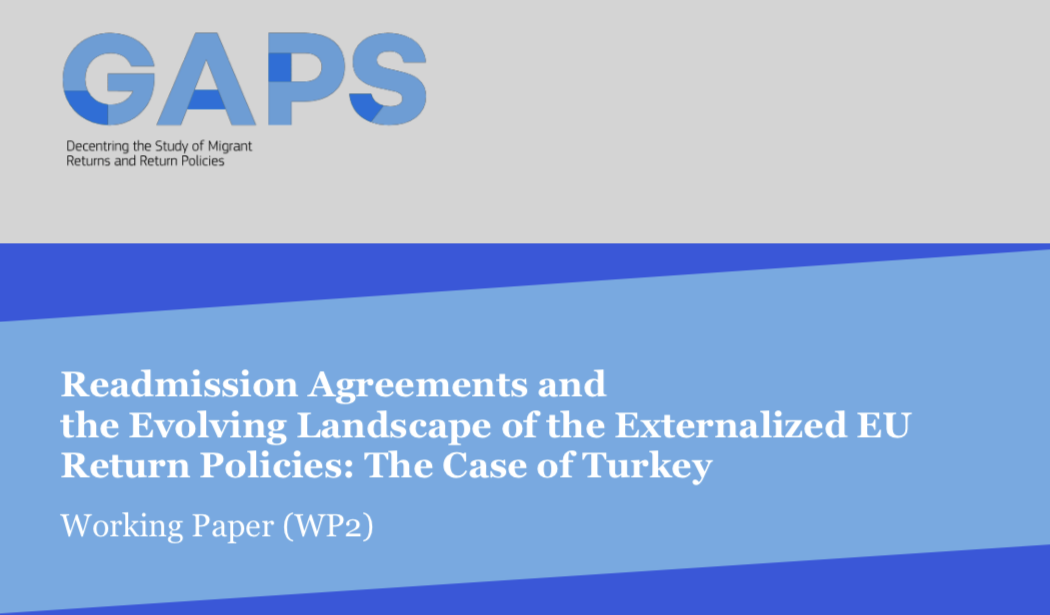Readmission Agreements and the Evolving Landscape of the Externalized EU Return Policies: The Case of Turkey
Executive Summary:
As the European Union (EU) becomes one of the most popular immigration destinations globally, boosting removal rates has become a political priority. In response to the European humanitarian refugee crisis in 2015, a new generation and informal readmission tools were devised to mollify the growing concerns of the EU Member States and address weaknesses in existing readmission agreements supported by externalisation and differentiated integration. The EU return policy is analysed from a non-EU perspective, shedding much-needed light on third countries’ cost-benefit calculations reflecting the macro and meso-level analyses. The paper questions how the EU-Turkey Readmission Agreement (2013) and the EU-Turkey Statement (2016) shape migration management and return policies between the EU and Turkey and the practical and legal implications of their implementation and suspension. Taking Turkey as a case study, the analysis focuses on two critical readmission instruments, namely the Agreement and the Statement and assesses the EU’s return and external policy instruments from a de-centring approach. It draws on longitudinal research based on both desk research and fieldwork conducted in three stages (July 2010–March 2013, June 2018–October 2019, January- July 2024) in several provinces of Turkey, including Ankara, Edirne, Izmir and Istanbul.
Please find the entire DOI report by clicking the button below:

